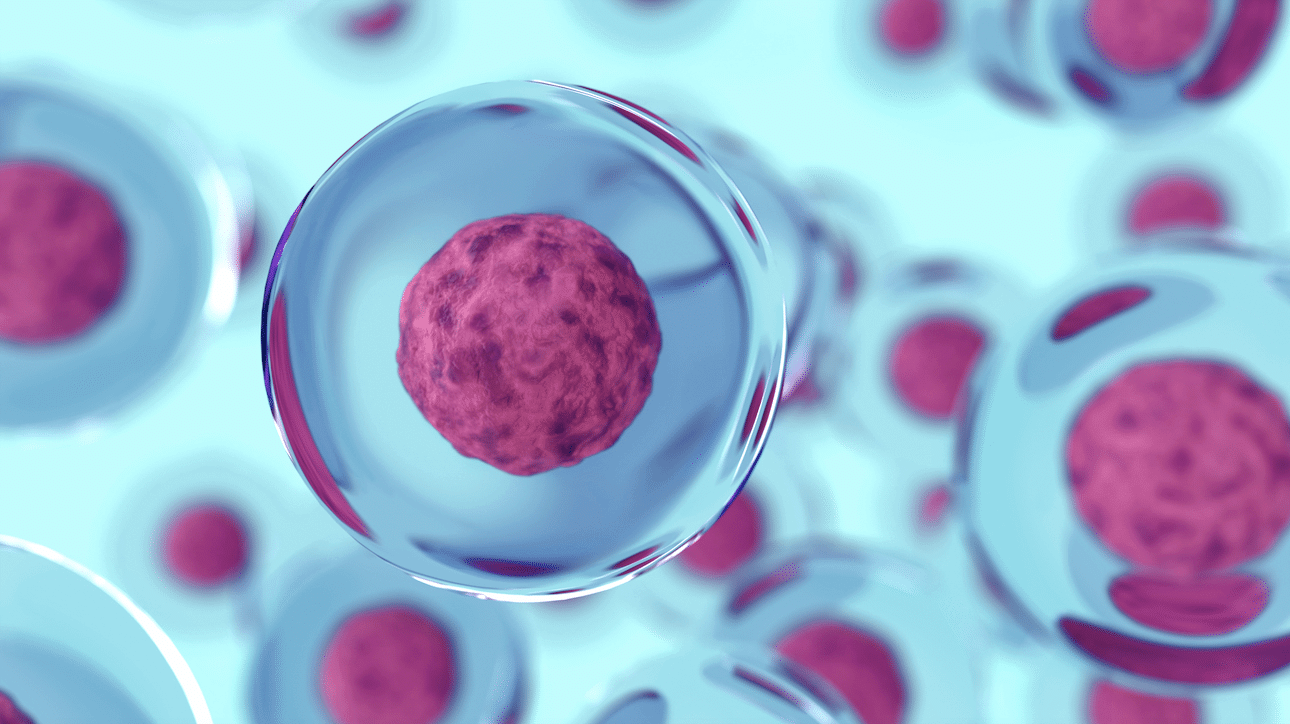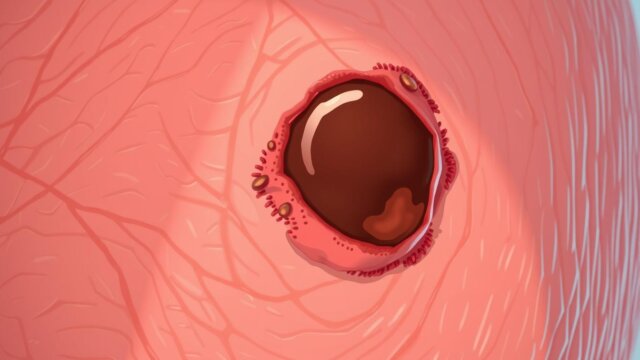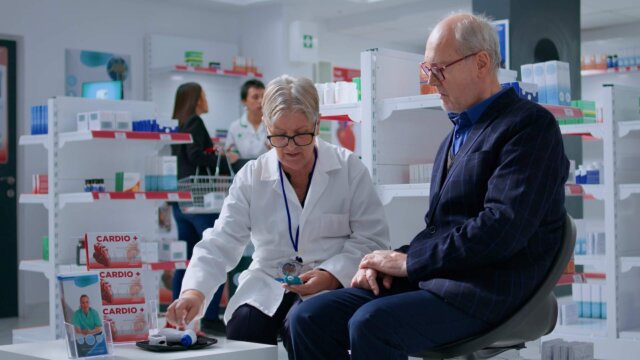FTC disclaimer: This post may contains affiliate links and we will be compensated if you click on a link and make a purchase.
As you breathe in and out, your body reacts with oxygen, which the body cells use to produce energy.
As a result of this activity, free radicals (reactive molecules) are produced within the body cells, causing oxidative stress.
If the body’s anti-oxidant (which is protein controlled) response does not manage to keep up with the oxidative stress, then oxidative damage occurs.
Therefore, oxidative stress can be caused by the imbalance between reactive oxygen species and an inadequate antioxidant defense method.
Moreover, Oxidative stress is the culprit behind sagging skin, aches, and pains associated with aging and just plain looking older.
When we’re young, our bodies fight off free radical damage, but we cannot produce enough antioxidant enzymes as we age due to increased oxidative stress.
Antioxidant plays a major role in neutralizing the cell-damaging free radicals associated with aging and various health conditions.
What is oxidative stress?
To better understand oxidative stress, you need to know what oxidative stress is and how it affects your body.
While there are all types of definitions, from one mentioning an imbalance of pro-oxidants with antioxidants to ones that say damage to the cells from free radicals.
However, unless you know what these terms mean, the oxidative stress definition is useless and sounds like a foreign language.
You see oxidative stress if you eat fruit. Just cut an apple and allow it to sit for an hour.
Unless you put lemon juice on the apple, the white on the inside becomes brown. That’s oxidative stress. The lemon juice prevents that because it contains antioxidants.
How does oxidation happen?
Oxidation is the loss of an electron. An atom or a group of atoms having an uneven number of electrons needs to stabilize.
To do this, they seek out other atoms where they can steal one of their electrons to make the outer shell complete; these are free radicals or reactive oxygen species.
Chemically speaking, they attract the electron from the cell, creating a new chemical composition with the atom from where they took it.
If the electron came from the cell’s semi-permeable outer shell, it might change the structure from semi-permeable and soft to hard and impenetrable.
This means no food can flow into the cell, and no waste can get out. Eventually, the cell dies.
How antioxidants protect from free radicals?
Antioxidants neutralize the oxidative stress by giving up one of their electrons, so the free radical doesn’t have to combine with the one on the cell.
The free radicals can come from toxins in the environment, smoking, the sun’s rays, and other factors we face daily.
However, one big contributor to oxidative stress is reactive oxygen species or ROS, including peroxides and oxygen ions.
These are free radicals with unpaired electrons, but they come from something you do all the time, metabolize oxygen.
Moreover, they play an important role in the body’s functioning, as long as they don’t increase outside or internally.
If there’s some type of stress on the cells, then these normal ROS molecules increase.
As a result, it will have oxidative stress – damage to the cells because of oxygen molecules since your body doesn’t produce enough antioxidants to prevent it.
Does our body make Antioxidants?
Our body makes antioxidants of its own. If you don’t, you’d age much faster and die very quickly. The older you get, the fewer free antioxidants your body makes.
Luckily, you can add more antioxidants to help fight off stress created because of environmental problems. And, it would be a suitable replacement if your body no longer produces enough antioxidants.
While you can’t permanently put off aging but you can slow it down and live a healthier life by consuming foods high in antioxidants.
One way to fight oxidative stress is to make healthy food choices and know your Oxidative Stress Biomarkers.
You’ll find many different kinds of foods that are high in antioxidants. Additionally, your body requires numerous phytonutrients, vitamins, and minerals to function along with antioxidants.
Effects of oxidative stress in your body
Disease and aging both occur because of oxidative stress. The changes that occur in the cell can cause damage to the inner structure of the cell.
Further, the cell damages extend to its DNA or the outer structure, resulting in killing the cell.
In humans, oxidative stress has been associated with many disorders/diseases.
Some of the diseases include
- Parkinson’s disease
- Heart failure
- Atherosclerosis
- Myocardial infarction
- Alzheimer’s disease
- Fragile X syndrome
- Diabetes
- Cancer
- Chronic fatigue
On the positive side, however, short-term oxidative stress has been used to prevent aging by introducing a procedure called Mitohormesis.
Below are several detailed examples of disorders associated with oxidative stress in which evidence of oxidative damage has been found.
Cancer
Damage in the form of DNA mutation by oxidative stress can cause cancer.
Oxidative stress plays a huge role in carcinogenesis through a process of cell mutation and proliferation.
Recent extensive research has indicated that the role of oxidative stress in cancer.
Further, the study illustrated a reduction of high levels of oxidative lesions in cancer tissue for those who engage in high dietary antioxidant intakes.
Diabetes
The onset of diabetes is closely associated with oxidative stress.
It discovered that people with both types of diabetes display high levels of reactive oxygen species like free radicals, which bring about oxidative protein damage.
Oxidative stress byproducts highly contribute to the formation of excess free radicals. The study and multiple research have revealed that oxidative stress weakens the defense mechanism and increases cell damage and insulin resistance.
As a result, it is one of the major causes of diabetes while also accelerating complications associated with diabetes. The accelerated diabetes complications can lead to kidney and liver problems.
The dialysis procedure is usually subjected to many people with diabetes that have a kidney-related complication. This type of complication further contributes to oxidative stress, which damages plasma proteins in the process.
Asthma
Researches on this issue are still underway, investigating the role of oxidative stress in asthma. Results so far show that oxidative stress, in this case, plays a role in the inflammation of airways.
Asthmatics display a type of protein cell called eosinophil cationic protein (ECP), originating in plasma or inflamed tissue.
This protein alters the structure and function of bronchoalveolar lavage fluid responsible for flushing the lungs. As a result, it obstructs the airways in asthmatic patients.
Diagonizing disorders caused by oxidative stress is done using several devices. These are HRV (heart rate variability), Oxymetry, oxygen consumption, Thermography, and metabolic resting rate.
Atherosclerosis
In atherosclerosis, the oxidation occurs on the fat present in the blood, making it thick, sticky, and inflames the vessel walls, so it sticks and hardens.
Recent research has shown that Reactive Oxygen Species (ROS) induced by oxidative stress has emerged as a critical role in atherosclerosis.
Oxidative Stress Treatment and Prevention
Treatment for Oxidative stress can be done at home or through the use of medicine.
The natural treatment methods are beneficial and are the safest methods for preventing and treating oxidative stress.
Let’s look into the home remedy for oxidative stress.
Exercise
A daily exercise routine can play a huge role in preventing and treating oxidative stress, as per recent findings.
While working out, you increase your body’s need for oxygen, leading to increased free radical production.
At the same time, working out will increase your body’s defense mechanism, which leads to the decrease of oxidative damage.
For people with health conditions that do not allow them to engage in much physical activity, it is important to see a physician to assist with a helpful and workable workout plan.
Using diets rich in anti-oxidants
Many health issues can easily be manipulated through diets, and so is oxidative stress.
By boosting your daily intake of foods rich in antioxidants, you can treat or prevent oxidative damage caused by oxidative stress.
You require diets rich in beta-carotene and vitamins E, C, and A.
Natural foods (fruits and vegetables) are a good source of these vitamins. It includes apples, broccoli, carrots, cabbage, tomatoes, cauliflower, citrus fruits, peaches, and berries.
Green tea is also one of the most popular sources of antioxidants. Additionally, you can have cocoa and turmeric to combat free radicals.
Reducing exposure to free radicals
Limiting exposure to free radicals is a great way to prevent oxidative stress.
Avoid environments with too many free radicals. Examples are areas with a lot of air pollution and excessive direct sunlight.
You can also reduce the free radicals you let into your body by stopping some harmful habits like smoking and by using sunscreen when exposed to the sun for long.
Takeaway
Oxidative Stress plays a major role in diseases like diabetes and cancer.
There are so many things you can do in life to prolong the inevitable.
It’s quite simply your choice.
You can enjoy life’s ride, do nothing, and age quickly, or you can be proactive, know your Oxidative Stress Biomarkers, slow the life cycle down by doing those things that help you age gracefully.
You can make healthy lifestyle choices by taking a healthy diet, exercise frequently, and grow in an environment that keeps your body in balance.








